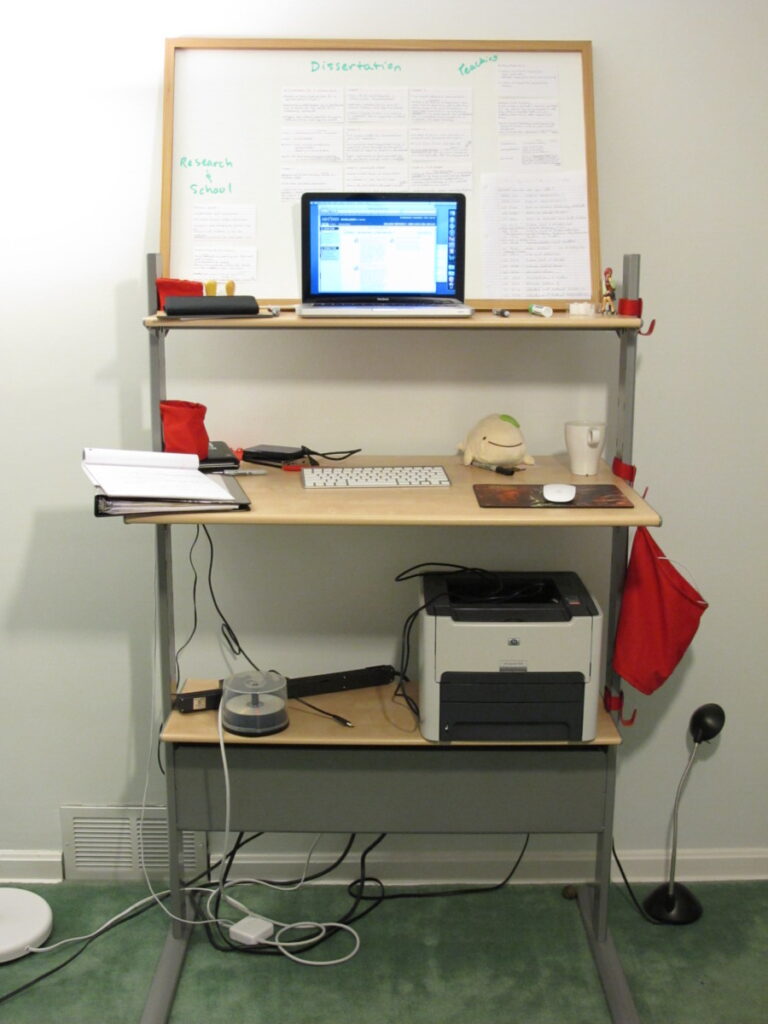
- Brief Introduction
- Beginning of Class Writing Assignment
- Click on the heading of this blog post title above–“Week 6,” scroll down to the comment area, and write at least 250 words in response to this week’s readings. You can summarize the readings, you can relate the readings to your own experience or something else you have read or learned about, etc. Any writing of 250 words or more that are related to the readings are fair game for this weekly assignment at the beginning of class.
- Post your comment after 15 minutes even if you don’t reach the 250 word minimum threshold.
- Why we are doing this: It helps you organize your thoughts before discussion and it gives you regular writing practice.
- Discuss the readings assigned for Week 6.
- Discuss internships
- Where is everyone at in work or applications?
- Write It Forward
- Weekly Log
- Remember to add an entry to your logbook for each week until the end of the semester and keep all of your logs in a single file (Google Doc, Word docx, OpenOffice odf, etc.). Include the first date of a given week for each entry at the top of the page. Write at least 250 words about your current or past experience as appropriate. For example, if you are currently in an internship, your logs should record your experiences, thoughts, challenges, solutions, etc. that you find significant each week. Or, if you have completed your internship, your logs can be about experiences, projects, interactions with people in the workplace, challenges, solutions, etc. based on your past experience. And, if you are continuing in a new internship for additional experience, you can write about that, too. The point is to write at least 250 words per entry with one entry per week about your experience in the internship.
- Why we are doing this: It helps you articulate your work experience so that you may better reflect on, consider, remember, and act on those experiences as you transition into the workplace. Additionally, it gives you extra writing practice, which research shows will automatically improve your writing ability.
- Review readings and homework for next week.




This article discusses all things interview. It talked about how to react to a failed interview and the question/ responses that likely led to your failed attempt. The article mentions that you want to be as precise and direct as possible, even if you don’t know how to answer that question. I could relate to this article because I have went through an interview and not get a call back, I could see how and were I might messed up. I could’ve been more direct.
The second article on technical communications discussed the evolution of technical writing into including information design. The educational and skill requirements of a technical writer grew, they needed to learn skills in visual design, implement graphic design, and information science, etc. Their is an emphasis on specialized skills and the job descriptions in the article show the requirements for them.
This week we read “The information Desiner’s Place in a New Career Path for Technical Communicators” by Saul Carliner. Carliner is a professor of Education at Concordia University in Montreal. Carliner also serves as the Director of the Graduate Programs in Educational Technology and the Graduate Certificate in Teaching in Higher and Continuing Education. In his writing, Carliner defines information design. As well as describes the work of an information designer, different versions of the work, and knowledge information designers must have to succeed in the field of work.
Information Designers design the structure and appearance of information being displayed. Information designers solve complex communication problems and develop blueprints to carry out projects. They also determine how the content will be presented. Information designers must be broad thinkers, be able to adress performance problems, and they must move easily amongst genres. Three different types of information design jobs one can have are: Information developers, expert information developers, and Projects managers.
Emerging Skills in Technical Communication: The Information Designer’s Place in a New Career Path for Technical Communicators by SAUL CARLINER is about how the technical writer’s work is being combined with other types of work. Now, sometimes technical writers have to design things like a website page. Now the term “information developer” is used to refer to technical writers. Information developers do more than just writing and editing. They have to design or maybe manage a project. Technical writing has expanded to include a broad range of skills and things to do. What skills make one a good technical writer might not be enough. A person good at another job possibly related to technical writing may not be good at technical writing and vice versa. Technical writing now encompasses a range of skills.
“Had a Job Interview but No Callback? Here’s What to Do Next Time” is an article about tips to ace your interviews. You should be authentic, know the workplace culture, be confident, prepare to be on screen, be inquisitive, develop a rapport, and avoid being honest to a fault. People are not looking for a drone or someone fake. You should be comfortable and flexible. Don’t get overwhelmed. You should rehearse but not so much that you sound unnatural or stilted. Be your true self and act like it is a conversation. Knowing the workplace culture gives you insight and you will know whether you want to work there and whether you belong there. Being confident scores you some points. Don’t underestimate the art of humble brag. If you don’t have an answer to a question, ask to come back to it. You have to prepare to be on screen because you will be on screen and you want to prevent anything bad from happening. Even if there is a small chance, don’t risk it. You should ask questions to gain information that you will need. Any sort of information is helpful. Rapport makes it more likely you will be hired so build rapport. Rapport will land you places. You might get another job offer and you should develop rapport so that even if you don’t get what you want, you get options. Don’t say you don’t have any weaknesses. Also avoid saying you have great people skills. It can’t be measured. Results matter and not qualities. Don’t be too tepid or full of bravado. Don’t look insecure which undermines credibility. Don’t be too full of yourself because people will wonder how you get along with others. Be careful about making excuses for past failures, over-explaining or being honest to a fault. The point of the first interview is to not give any reason to not give you a second interview. You want to be a part of the second round of interviews.
Carliner, discusses a term called “wordsmithing.” It discusses how technical communicators should recognize when content should be communicated visually and then coordinate with the graphic artists and production specialists. The context behind this as mentioned in the article is to ensure that information design and information development sometimes may go hand in hand but at the it is a contrast amongst the work needed.
Information design’s center focus is the structure of content, online navigation, interaction between computers and users, and the visual appeal of the content. To prepare communication products that will provide the desired outcome the four steps involve,
All in all, to provide the content that is foreseeable, desirable and preferable there needs to be proper planning and outlining like what a blueprint hopes to achieve.
The New York Times goes to follow up a similar concept with a text we analyzed earlier about what to do in new situations. To improve and correct mistakes made in an interview psychotherapist, Jonathan Alpert states that in an interview they want to know how the individual is different from the rest and not amongst one of the “corporate drones.”
The term “cultural congruence” means sharing similar values and passions as the place you want to work. One thing that I feel is a little out there but agreeably necessary is the humble brag. To be confident takes a more different approach. Typically, bragging deems to be ego
tistical but I think in moderation it will allow others to see how you are set apart.